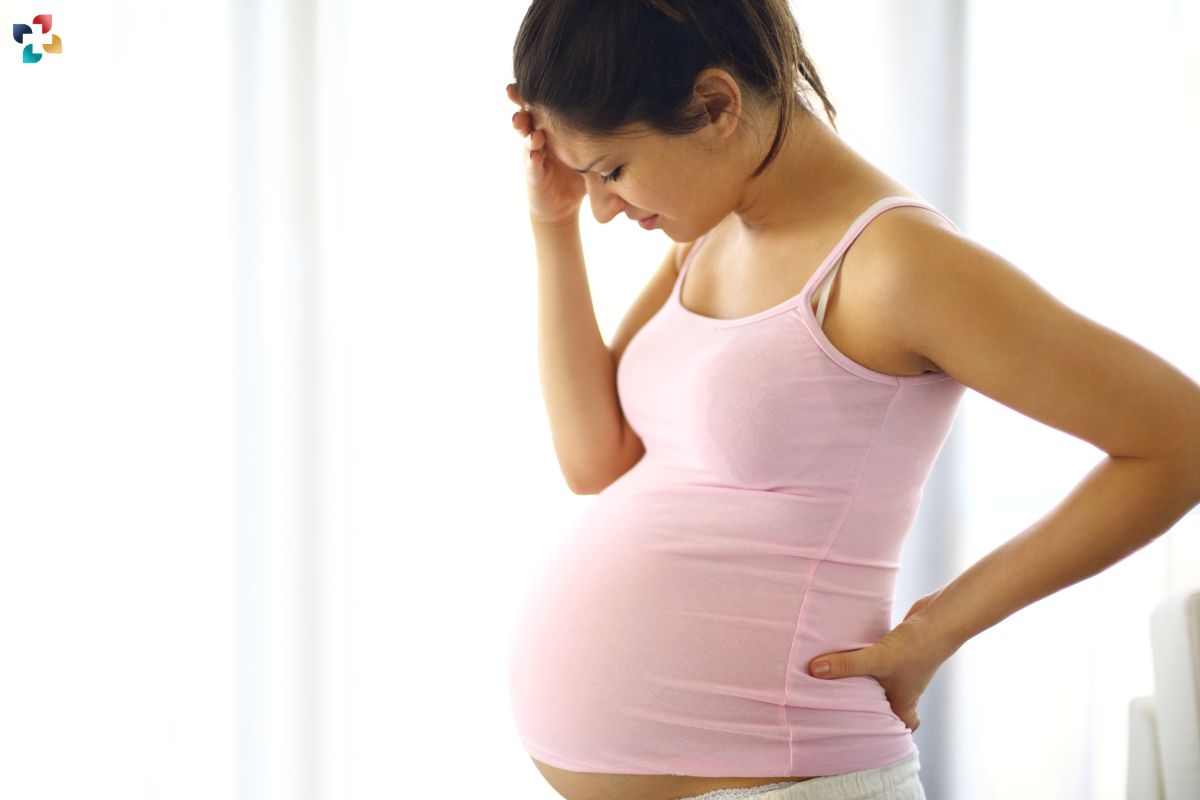Implantation bleeding is a topic that often generates confusion and curiosity among those trying to conceive. It’s a physiological phenomenon that many women experience early in pregnancy, yet it remains shrouded in mystery for some. In this comprehensive guide, we will delve deep into what implantation bleeding is, how it differs from other types of bleeding, and what it signifies in the broader context of pregnancy. Our goal is to demystify this natural occurrence and provide clear, reliable information.
What is Implantation Bleeding?
It refers to the light spotting or bleeding that can occur when a fertilized egg attaches to the lining of the uterus. This process usually takes place about 6-12 days after conception, around the time when a woman might expect her menstrual period. Because of this timing, it is often mistaken for an early period, but there are key differences.
The Process of Implantation
To fully understand implantation bleeding, it’s essential to grasp the implantation process itself. After fertilization occurs in the fallopian tube, the resulting zygote begins its journey toward the uterus. As it travels, it undergoes rapid cell division, forming a blastocyst. Once the blastocyst reaches the uterus, it searches for a suitable spot to attach itself to the uterine wall. This attachment, or implantation, involves the blastocyst burrowing into the thick, nutrient-rich endometrial lining, which can cause slight disruption of blood vessels and result in minor bleeding.
Symptoms of Implantation Bleeding

It is typically very light and may present as a pinkish or brownish discharge. Unlike a regular menstrual period, it is usually not accompanied by heavy flow or intense cramping. Here are some distinguishing features:
- Color: The blood is often lighter in color, ranging from pink to brown, rather than the bright red associated with menstrual bleeding.
- Flow: The bleeding is much lighter than a period, often described as spotting.
- Duration: It typically lasts a few hours to a few days.
- Timing: Occurs 6-12 days after conception, around the time of the expected period but not necessarily on the exact date.
Implantation Bleeding vs. Menstrual Period
One of the most common sources of confusion is distinguishing between implantation bleeding and a menstrual period. Here are some points of differentiation:
- Volume of Blood: Menstrual periods usually involve a heavier flow that lasts between 4 to 7 days. In contrast, implantation bleeding is light and short-lived.
- Symptoms: Menstrual periods often come with symptoms like cramping, bloating, and breast tenderness. While some women might experience mild cramping with implantation bleeding, it is generally not as severe.
- Blood Color: Menstrual blood is typically brighter red, whereas it is often lighter and can be pink or brown.
- Consistency: Menstrual blood may contain clots and tissue, while it is usually more like spotting and does not have clots.
How Common is Implantation Bleeding?

It is relatively common, but it does not occur in all pregnancies. Research suggests that about 25-30% of pregnant women experience some form of bleeding or spotting in early pregnancy, with a portion of these cases being due to implantation.
What to Do If You Experience Implantation Bleeding?
If you suspect you are experiencing bleeding, it’s essential to take a home pregnancy test about a week after the bleeding occurs for the most accurate result. This it is not a cause for alarm, but it’s crucial to monitor your symptoms and consult with a healthcare provider if you have any concerns, especially if the bleeding is heavy or accompanied by severe pain.
Implantation Bleeding and Pregnancy Tests
One question many women have is how implantation bleeding affects pregnancy tests. Pregnancy tests work by detecting the hormone hCG (human chorionic gonadotropin), which is produced after the fertilized egg implants in the uterine lining. It does not interfere with the production of hCG. Therefore, if you take a pregnancy test a few days after implantation bleeding, it should provide an accurate result.
Other Causes of Early Pregnancy Bleeding
While implantation bleeding is a common cause of early pregnancy bleeding, it’s not the only one. Here are a few other potential reasons for bleeding in early pregnancy:
- Cervical Irritation: Increased blood flow to the cervix during pregnancy can cause light bleeding, especially after intercourse.
- Subchorionic Hemorrhage: This is bleeding between the placenta and the uterine wall and is relatively common in early pregnancy.
- Ectopic Pregnancy: This is a serious condition where the fertilized egg implants outside the uterus, often in a fallopian tube.
- Miscarriage: Unfortunately, bleeding can also be a sign of miscarriage, especially if it is heavy and accompanied by cramping.

When to See a Doctor
While implantation bleeding is generally harmless, any unexpected bleeding during pregnancy should be discussed with a healthcare provider to rule out other potential issues. Seek immediate medical attention if:
- The bleeding is heavy, similar to a menstrual period.
- You experience severe abdominal pain or cramping.
- The bleeding lasts longer than a few days.
- You have any other symptoms that concern you.
Emotional Impact of Implantation Bleeding
Experiencing any form of bleeding during early pregnancy can be a source of anxiety and stress. Understanding that implantation bleeding is a normal part of the process for many women can provide some reassurance. However, it’s always important to communicate with your healthcare provider about any concerns.
Personal Experiences and Variations
Every woman’s experience with implantation bleeding can vary. Some may notice a single spot of blood, while others might experience light spotting for a few days. Individual pain tolerance, menstrual cycle regularity, and overall health can all influence how implantation bleeding is perceived and experienced.
Conclusion
Implantation bleeding is a normal and often reassuring sign of early pregnancy. Understanding the timing, appearance, and nature of implantation bleeding can help alleviate concerns and differentiate it from other types of bleeding. Always consult with a healthcare provider if you have any doubts or if the bleeding is accompanied by other symptoms. By staying informed, you can navigate the early stages of pregnancy with greater confidence and peace of mind.
In summary, implantation bleeding is a key event that occurs in early pregnancy. It involves light spotting or bleeding due to the attachment of the fertilized egg to the uterine lining. Distinguishing it from menstrual bleeding is crucial for early pregnancy detection and ensuring a healthy pregnancy journey. If you have any concerns or unusual symptoms, always seek medical advice to ensure both your health and the health of your developing baby.

5 Tips For A Happy, Healthy Pregnancy
We’ll go over five crucial suggestions in this extensive guide that help ensure a joyful and healthy pregnancy, giving new moms the tools they need to handle this unique period of life with assurance and well-being.
FAQs about Implantation Bleeding
Q: Can implantation bleeding be heavy?
A: It is typically light. If you experience heavy bleeding, it is more likely to be your menstrual period or another issue that should be checked by a doctor.
Q: How soon after implantation bleeding can I take a pregnancy test?
A: It’s best to wait about a week after implantation bleeding to take a pregnancy test for the most accurate result.
Q: Does everyone experience implantation bleeding?
A: No, not everyone will experience implantation bleeding. It is common but not universal.
Q: Can implantation bleeding occur after a missed period?
A: It usually occurs before a missed period. If you notice bleeding after your missed period, it’s best to consult with a healthcare provider.







